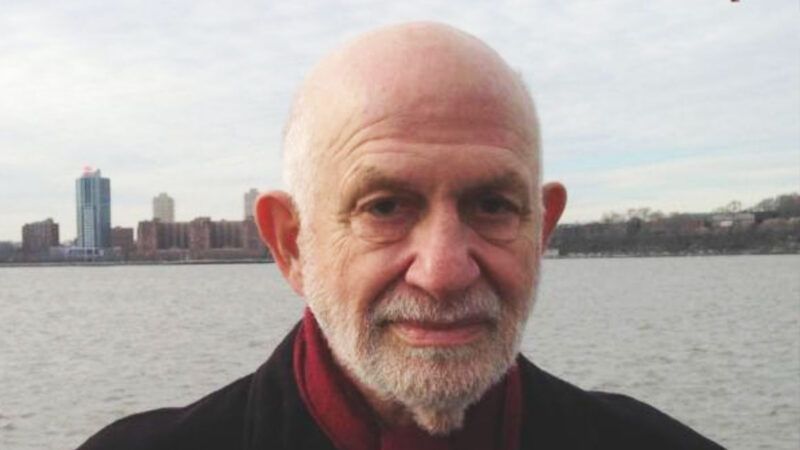A Scientific Life on the Edge
Stanton Peele's memoir of his "lonely quest to change how we see addiction" contradicts the prejudices that still dominate the drug policy debate.

Psychologist Stanton Peele's memoir of his "lonely quest to change how we see addiction" could have been titled I Don't Get No Respect. His persistent promotion of the thesis that drug users are neither criminals who belong in jail nor patients who belong in "treatment" has been a long and often solitary struggle.
As Peele concedes in A Scientific Life on the Edge, his "reckless personality" helps explain his lack of success in academia. But it is also true that his nuanced understanding of addiction—which rejects the disease label and emphasizes the personal, social, cultural, and economic factors underlying self-destructive preoccupations with drug use and many other pleasurable activities—cogently contradicts the prejudices that still dominate the drug policy debate.
Prohibitionists, along with many of their foes, want us to believe that drugs cause addiction, which is demonstrably not true. As Peele has shown in a series of books, the vast majority of people who use drugs don't become addicted.
Peele has spent nearly half a century explaining why that is so. The short answer is that most people have better things to do. For the long answer, this memoir is a good place to start.


Show Comments (16)